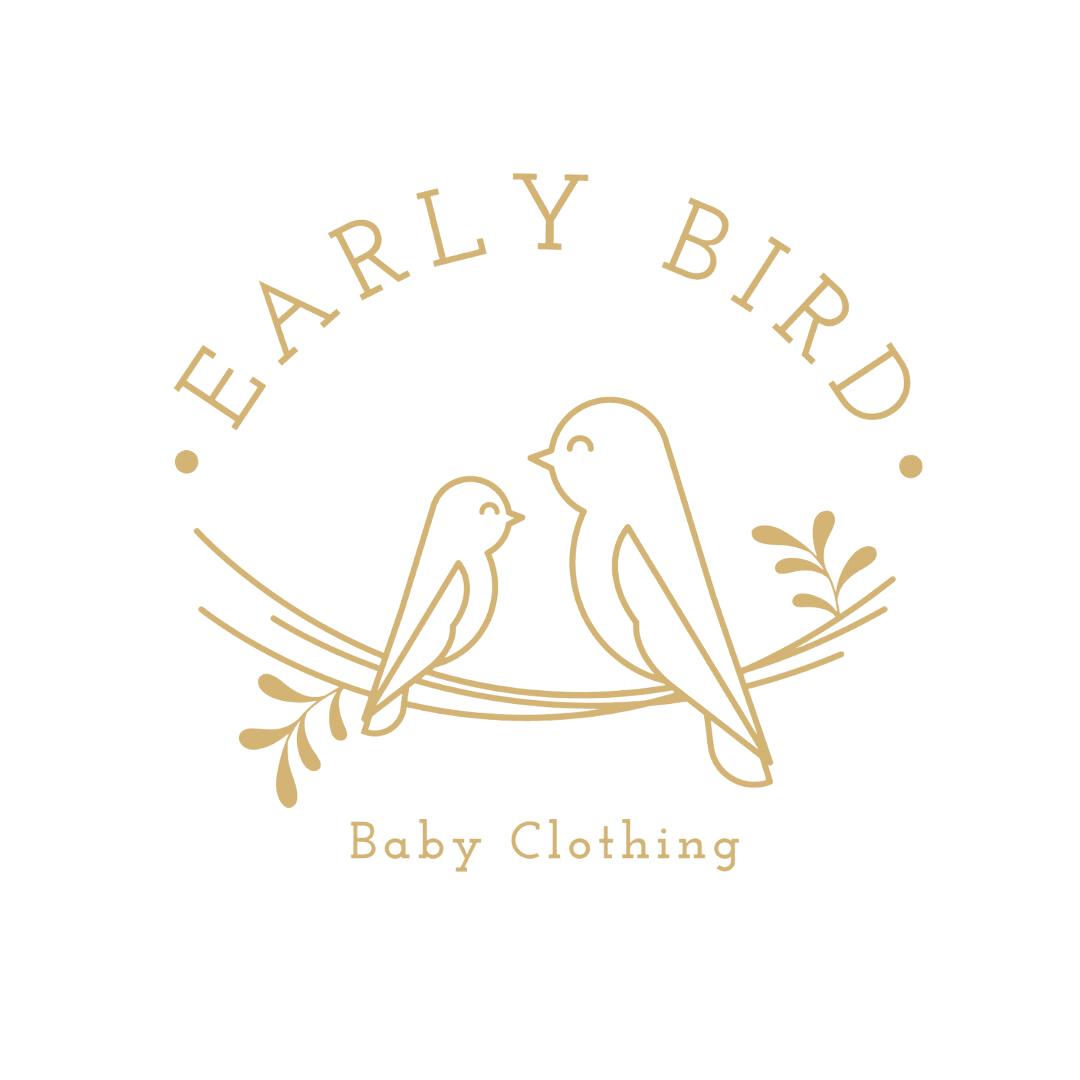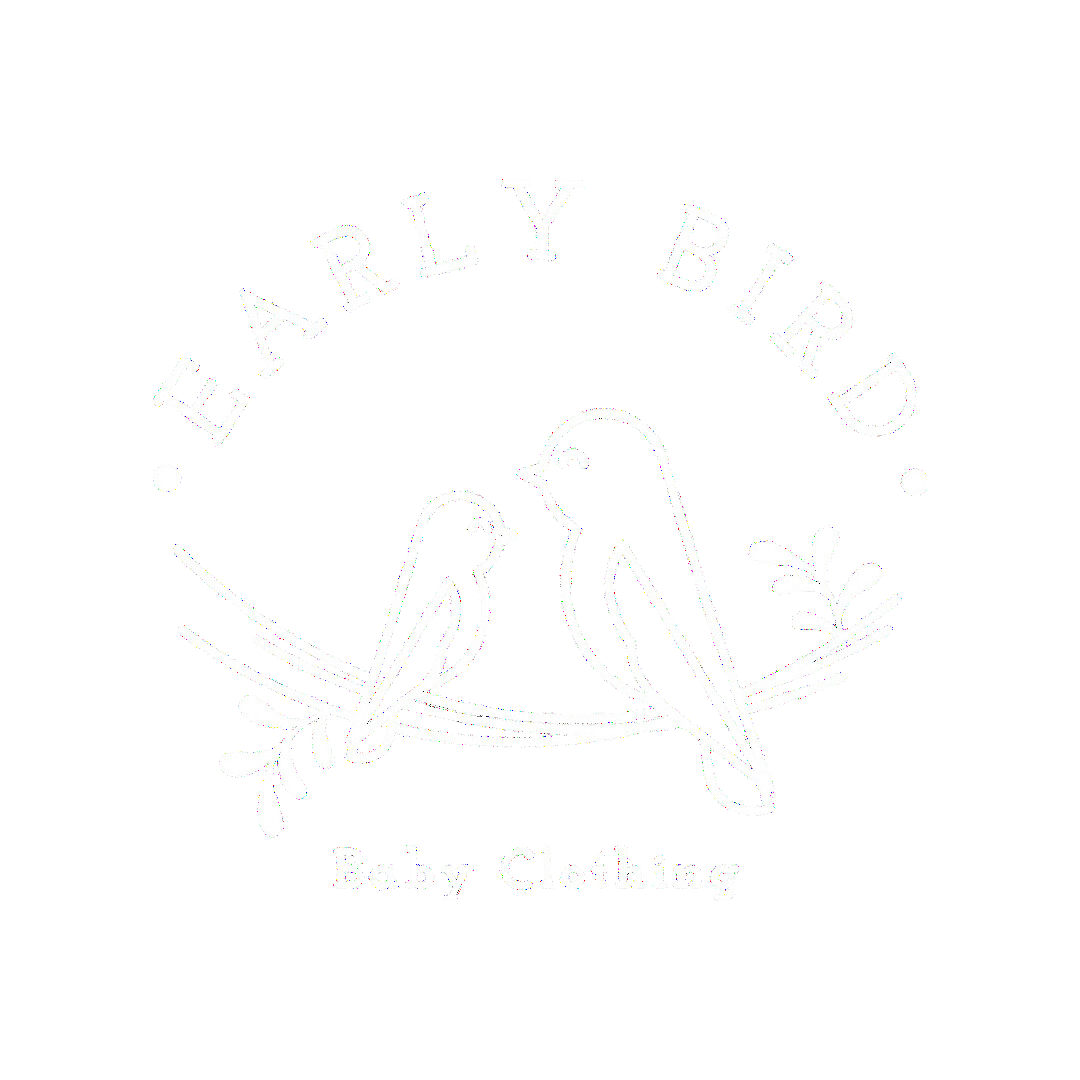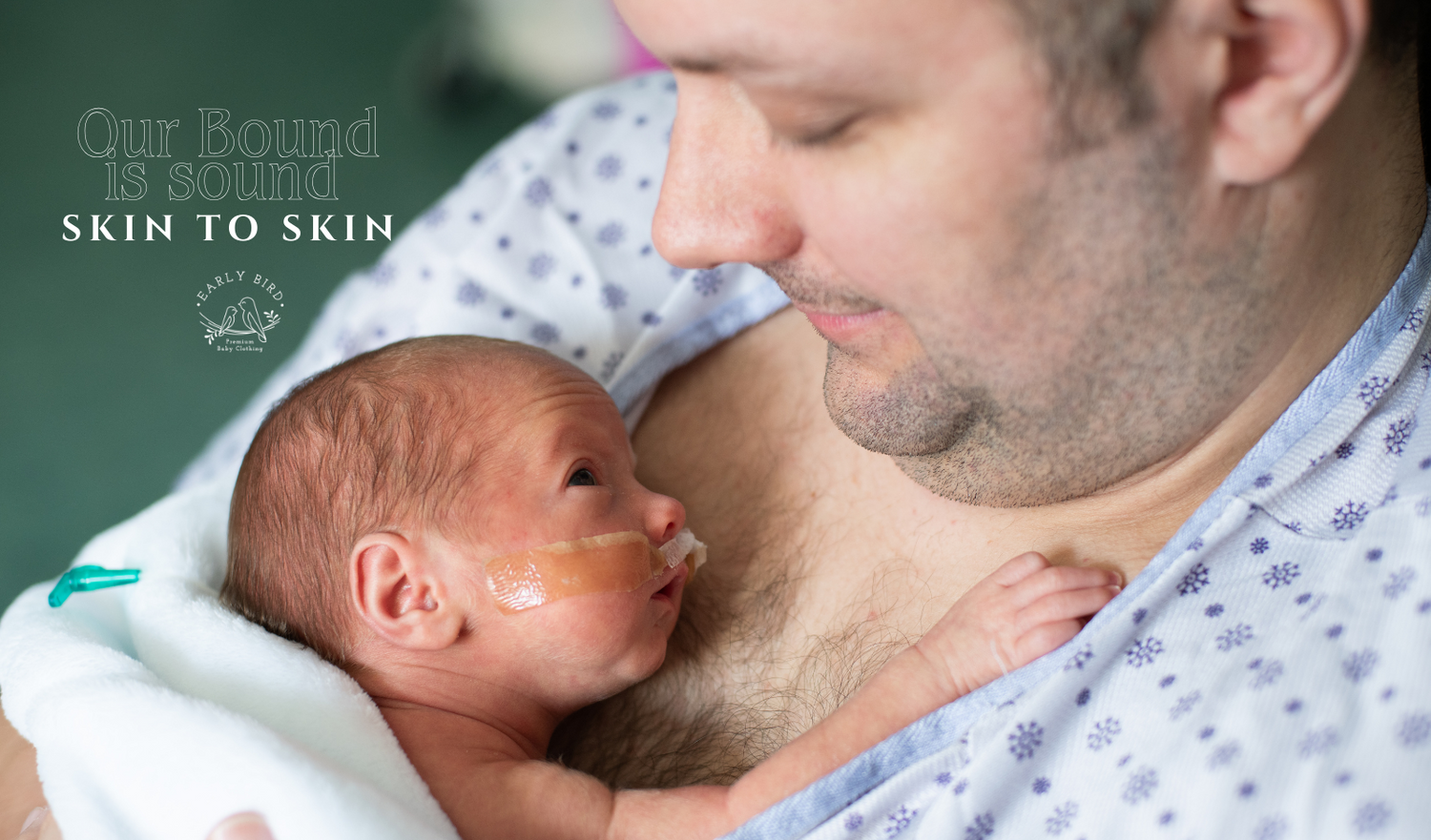Music therapy
"The music can change the world because it can change people." - Bono, lead singer of the rock band U2.
As parents, we know that one of the most difficult experiences is having a premature baby who needs to stay in the neonatal intensive care unit (NICU). It can be stressful, overwhelming, and emotional to watch your baby fight to grow and thrive. However, there are some strategies that can help. Some studies have shown that music therapy can have positive effects on premature infants in the NICU, improving their physiologic stability, vital signs, feeding, and sleep.
In the study "The effect of music therapy on physiologic stability of premature infants in the neonatal intensive care unit" by Loewy et al. (2013), researchers examined the effects of music therapy on the physiologic stability of premature infants in the NICU. The study involved 272 infants, half of whom received music therapy, while the other half received standard care. The results showed that the infants who received music therapy had significantly lower heart rates, respiratory rates, and blood pressure. The study also found that music therapy had a positive effect on feeding and sleeping patterns, leading to improved weight gain and decreased length of hospital stay.
Another study, "The Effects of Music Therapy on Vital Signs, Feeding, and Sleep in Premature Infants" by Joke Bradt and colleagues, published in the Journal of Music Therapy in 2014, in which involved 86 premature infants, half of whom received music therapy, while the other half received standard care. The results showed the same, improved vital signs and sleep compared to the infants who received standard care. Specifically, the music therapy group had lower heart rates, improved oxygen saturation levels, and more frequent sucking during feedings.
So, what is it about music therapy that makes it so effective for premature infants in the NICU? According to the American Music Therapy Association, music therapy can help premature infants by providing a sensory-stimulating environment, promoting relaxation and stress reduction, and supporting healthy parent-infant bonding. This will be key for the future stages of the baby at the time of sleep.
In conclusion, the studies that I mention prove that music therapy has been shown to have positive effects on premature infants in the NICU. But It is important that you speak with your health care provider before beginning any type of therapy or stimulation for your baby remember that all cases are different. Your provider can provide guidance on whether it is appropriate for your baby at this time. In my experience, it was not only a therapy for my baby, but also for me and my husband, especially in those moments when the baby's movement loosened the cables and the alarm on the monitor did not stop ringing. Those sounds are overwhelming and terrifying. I experienced that it was family therapy, I saw that when I played music that we listened to during pregnancy, my baby looked better, he relaxed. I really enjoyed that moment it also allowed me to relax and get through a few days.
For more information on how music enhances the structural maturation of emotional processing neural pathways in very preterm infants, visit https://pubmed.ncbi.nlm.nih.gov/31765804/
CITE: Yue W, Han X, Luo J, Zeng Z, Yang M. Effect of music therapy on preterm infants in neonatal intensive care unit: Systematic review and meta-analysis of randomized controlled trials. J Adv Nurs. 2021 Feb;77(2):635-652. doi: 10.1111/jan.14630. Epub 2020 Nov 17. PMID: 33200833.



